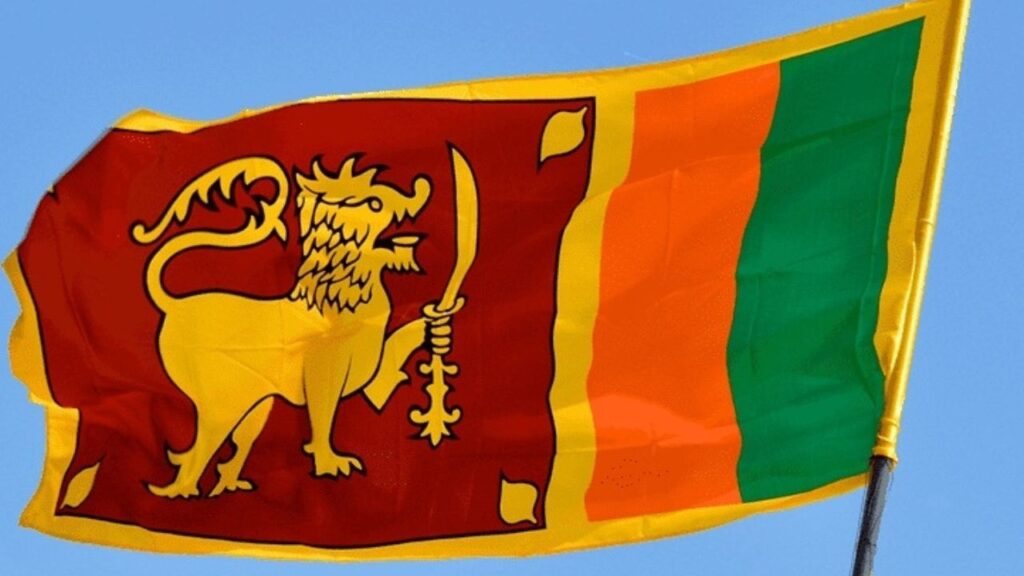Sri Lanka (Commonwealth Union)_ The World Bank expressed satisfaction with Sri Lanka’s ongoing reform program and announced the disbursement of the second tranche amounting to $250 million to the financially strained country. This injection of funds is expected to play a crucial role in stabilizing the Sri Lankan economy, which faces significant challenges, including a total foreign debt of $46.9 billion. The initial commitment from the World Bank was $500 million in budgetary support, and the first tranche was released in June to assist financially strained Sri Lanka.
Also read: INDIA TO BE A GLOBAL HUB FOR HIGHER EDUCATION BY 2047
The funds are being provided through the Resilience, Stability, and Economic Turnaround (RESET) Development Policy Operation (DPO). The World Bank’s decision to release the second tranche is based on the observed satisfactory progress made by the government in implementing its reform program. Originally approved in June of the current year, the RESET DPO functions as a mechanism for providing budgetary support to the Sri Lankan government. The nation faced its most severe economic crisis in 2022, marked by critically low foreign exchange reserves and public protests due to shortages of essential commodities, fuel, and fertilizers.
Also read: CLIMATE ADAPTATION COST INDIA RS. 13.35 LAKH CRORE IN 2021-2022

In response, Sri Lanka initiated foundational reforms, as described by the World Bank, to restore macroeconomic stability and alleviate the impact on the vulnerable population, with an emphasis on private sector-led recovery. The release of the second tranche followed an assessment of the government’s continued satisfactory progress in implementing comprehensive reforms, including the enactment of the Banking (Special Provisions) Act to strengthen deposit insurance and the problem bank resolution framework. The World Bank emphasized the importance of maintaining momentum in economic and structural reforms to stabilize the economy as well as unlock its potential for private sector-led growth and transformation.
Faris H Hadad-Zervos, World Bank Country Director for the Maldives and Nepal, highlighted the need for coordinated efforts with the International Monetary Fund (IMF), the Asian Development Bank (ADB), and other development partners. Last week, Sri Lanka secured approval from the International Monetary Fund (IMF) board for the second tranche of the $2.9 billion bailout. The initial tranche of the World Bank’s $250 million was disbursed in June, contingent on the completion of seven reforms across economic governance, growth and competitiveness, and protection of the poor and vulnerable.
The mandated reforms, while deemed necessary by the IMF, have faced political resistance and unpopularity, particularly for President Ranil Wickremesinghe. Despite the challenges, he has appealed to all political parties to act responsibly and avoid leveraging political gains from the tough reforms essential to revitalizing the country’s struggling economy. The government anticipates receiving approximately $330 million as the second tranche of the $2.9 billion 4-year IMF bailout, following the first tranche received in March of the current year.








